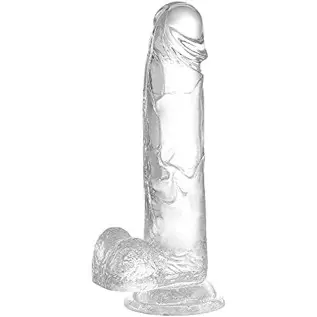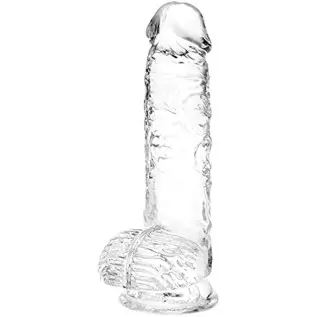How many years can a man produce sperm?
Female menopause has been widely recognized by the medical community and society. It is a transitional period in which the function of the female genitals and ovaries gradually declines and finally disappears. The basic physiological change in this process is the decrease in the ovarian secretion of estrogen, and the most prominent manifestation is menopause. The age of onset is generally between 45 and 55 years old. But in men, the decline of reproductive function is gradual, and normal functions and reproductive ability can still be maintained even in old age.
A man's ability to produce sperm can last until he is 90 years old, or even longer. So, do men have menopause? The medical community has been debating this issue for many years. Some people think that men do not have menopause, while others think that men have menopause. In recent years, there has been a consensus of opinion that men do have menopause.
The scientific basis for men experiencing menopause is that the function of the male reproductive organs, the testicles, also gradually decreases, the pituitary gonadotropin also slowly decreases, and the androgen secreted by the adrenal cortex also decreases. Due to the hypofunction of various endocrine glands in the body, the demand for endocrine hormones required by various organs controlled by them is out of balance, resulting in various uncomfortable symptoms. However, men's testicles are not as prone to atrophy as women's ovaries. The function of the testicles gradually decreases, so the secretion of androgens also decreases gradually. It is not like women's, where estrogen suddenly decreases with the cessation of menstruation.
Because of this, also during menopause, the various physiological reactions of men's bodies are not as significant as those of women.
Men’s menopausal symptoms are generally considered to be slightly later than women’s, and some may occur around the age of 40 or as late as the age of 70. Once a middle-aged man finds that his physiological functions have declined, his physical strength has declined, he needs to rest longer, and he begins to experience a decline in sexual function. He often experiences a series of changes such as dizziness, depression, or unsociable behavior, which means that he has begun to enter the stage of life. The last turning point is menopause.
However, the severity of symptoms varies greatly among different individuals.
The clinical manifestations of male menopause are similar to some symptoms in women, and most of them are symptoms of neurological and vascular disorders. Symptoms such as suppression of sexual desire and even loss of sexual function, facial hot flashes, mental confusion, easy fatigue, insomnia, forgetfulness, as well as fat accumulation, body fat, back pain and other uncomfortable symptoms are often mistaken for suffering from certain diseases.
Despite this, there were no abnormal findings in the clinical examination, and all laboratory indicators were within the normal range. Therefore, these symptoms are called "male menopausal syndrome". Specifically, men have menopause, but male menopausal syndrome is not as obvious as women.
















